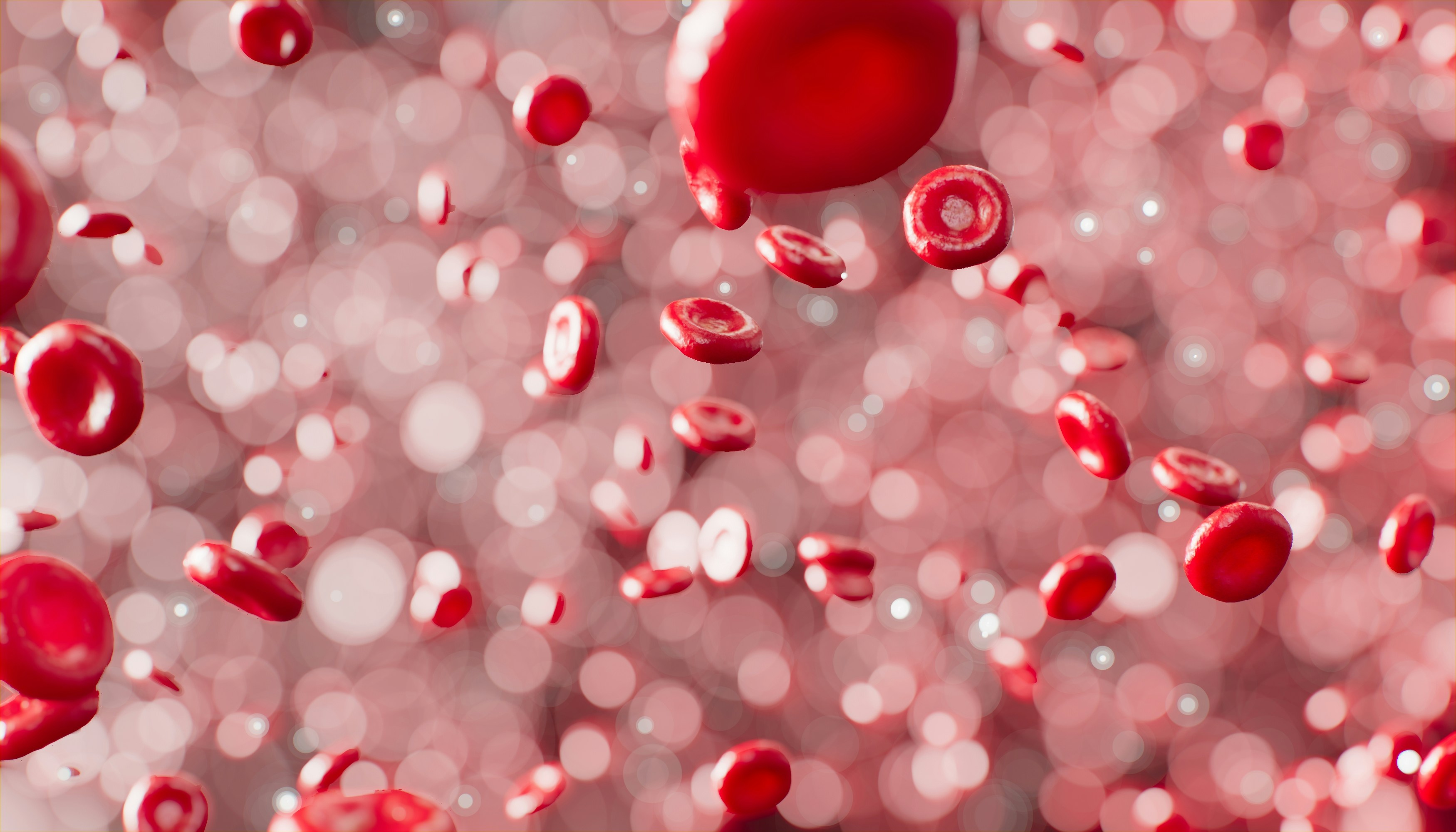
By Olivia Henry, the Australian Science Media Centre
From July 14, Australian Red Cross Lifeblood is removing most wait times for plasma donations relating to sexual activity. Current donor rules in Australia prevent many gay and bisexual men and transgender women who have sex with men from giving blood or plasma if they have had sex in the past three months.
The new world-leading regulations, known as the "plasma pathway," will mean more gay and bisexual men, and transgender women who have sex with men, will be able to donate plasma.
Public Health researcher from the Kirby Institute at UNSW Sydney, Yasmin Mowat, who collaborated with Lifeblood, said she estimates these changes will allow around 626,500 more people to be able to donate.
These changes, together with gender neutral assessments, which will see all donors asked the same questions about their sexual activity regardless of gender or sexuality, “represent an evidence-based approach to donor selection that better accounts for changing societal expectations of equity, by opening the door to more donors while maintaining high safety standards,” she said.
Those in sexual relationships of more than six months with a single partner will also be eligible to donate blood.
The original rules, which banned men who have sex with men from donating, carry over from the HIV-era and were originally in place to protect the safety of the blood supply.
Lifeblood’s Chief Medical Officer, Dr Jo Pink, said that while these rules were difficult for many people in the LGBTQIA+ community, “they were put in place to ensure a safe blood supply in the past.”
“We know that they’ve contributed to the stigma faced by the community,” she added.
The changes come after many years of research by Lifeblood’s clinical and research teams, and they will continue to review the rules as more evidence becomes available.
“Ongoing evaluation will be essential to monitor the impact on donor numbers, safety, and public perception. Through our research collaborations with Lifeblood, we will continue to track these outcomes and help inform further policy improvements,” Ms Mowat said.
For now, Dr Pink said, “we’re excited to be able to welcome more people from across the community into our donor centres from next month.”
“We hope as we move through the process of seeking to have both these changes introduced, that this will be a turning point for both Lifeblood and the LGBTQIA+ community.”
Read the AusSMC Expert Reaction here.
This article originally appeared in Science Deadline, a weekly newsletter from the AusSMC. You are free to republish this story, in full, with appropriate credit.
Contact: Olivia Henry
Phone: +61 8 7120 8666
Email: info@smc.org.au